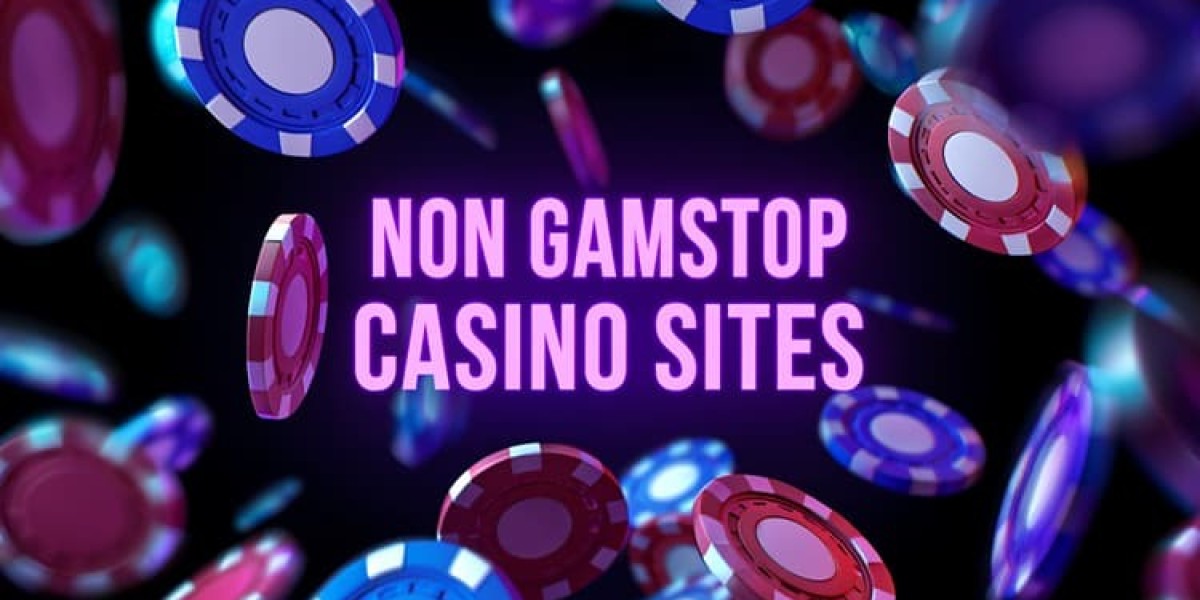The debate around casinos not on gamstop continues to divide opinion. To some, they represent freedom of choice — a chance to play without the heavy-handed restrictions imposed by UK regulations. To others, they symbolize a dangerous loophole that undermines the very purpose of responsible gambling frameworks. Somewhere in between lies the reality: a growing market that cannot be ignored.
The Freedom Argument
Advocates of casinos not on GamStop often frame them as a response to overregulation. GamStop, while well-intentioned, casts a wide net. Once a player registers for self-exclusion, there is no turning back during the chosen exclusion period. For many, this rigidity feels less like protection and more like punishment.
These offshore casinos offer an escape route. They provide unrestricted access, global payment options, and a broader catalogue of games than UK-licensed competitors. For players who feel unfairly excluded, casinos not on GamStop offer a sense of empowerment — the freedom to decide for themselves.
The Risk Factor
Critics, however, see these platforms through a more cautious lens. Without GamStop, vulnerable individuals risk slipping back into problematic gambling patterns. Regulation exists for a reason: to safeguard those who might not always act in their best interest.
Furthermore, while many offshore operators are legitimate, the international nature of casinos not on GamStop means that consumer protections vary. Disputes may be harder to resolve, and legal recourse is not always straightforward. In this sense, the freedom they provide comes with a price tag: reduced accountability.
Innovation in Action
It would be a mistake, however, to dismiss casinos not on GamStop as reckless enterprises. Many of these platforms are at the forefront of industry innovation. Cryptocurrency payments, AI-driven game recommendations, and immersive live casino technology often appear here first before making their way into more regulated markets.
In some ways, these casinos act as testing grounds — laboratories where new ideas are trialed without the weight of strict domestic regulation. This willingness to innovate explains much of their growing appeal.
A Delicate Balance
The question is not whether casinos not on GamStop should exist — clearly, demand ensures that they will. The real question is how to strike a balance between consumer protection and personal freedom. Too much regulation drives players offshore. Too little oversight leaves them vulnerable.
It may be time for regulators to re-examine the UK model. A more flexible approach — one that recognizes the diversity of player motivations — could reduce the need for players to look abroad in the first place.
Conclusion
The rise of casinos not on GamStop is neither a victory for freedom nor a failure of regulation. It is a symptom of a system that struggles to satisfy both autonomy and safety. These platforms embody the complexities of modern gambling: they are liberating and risky, innovative yet controversial.







